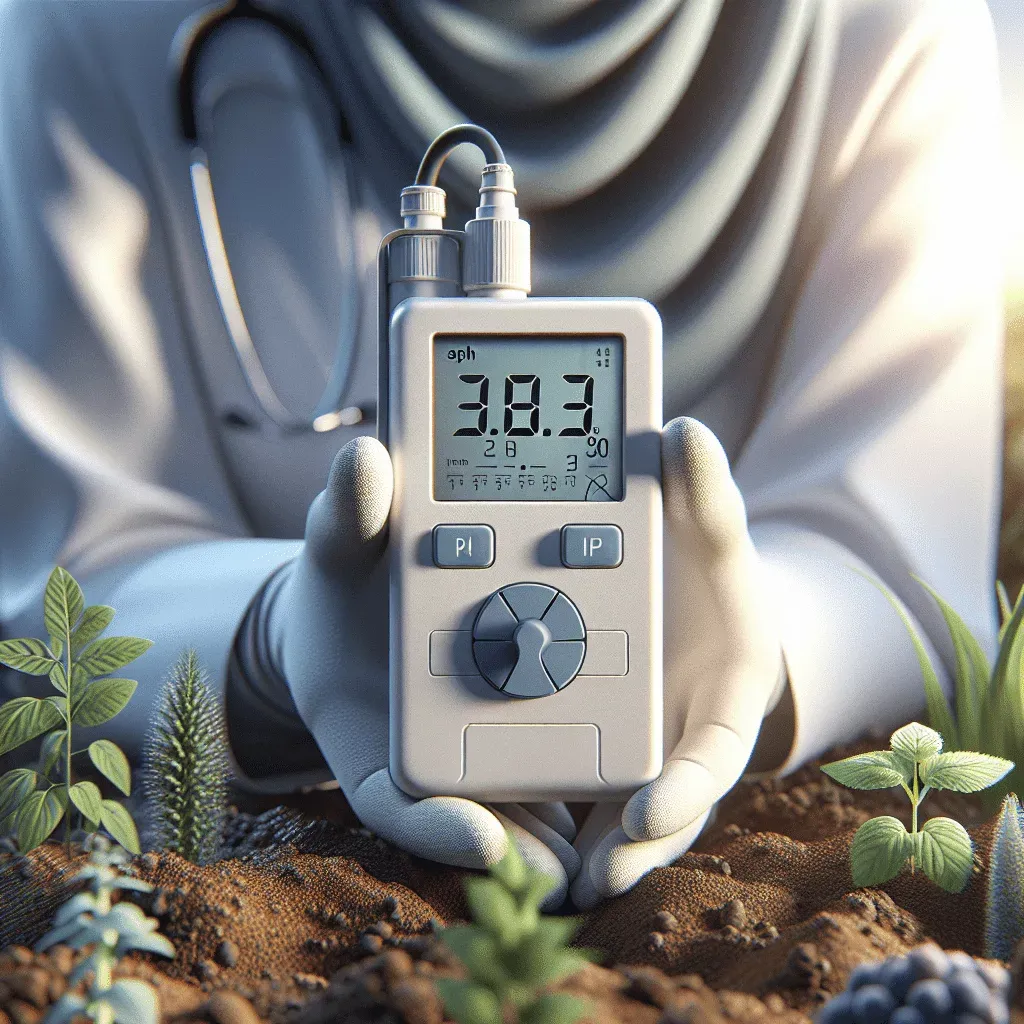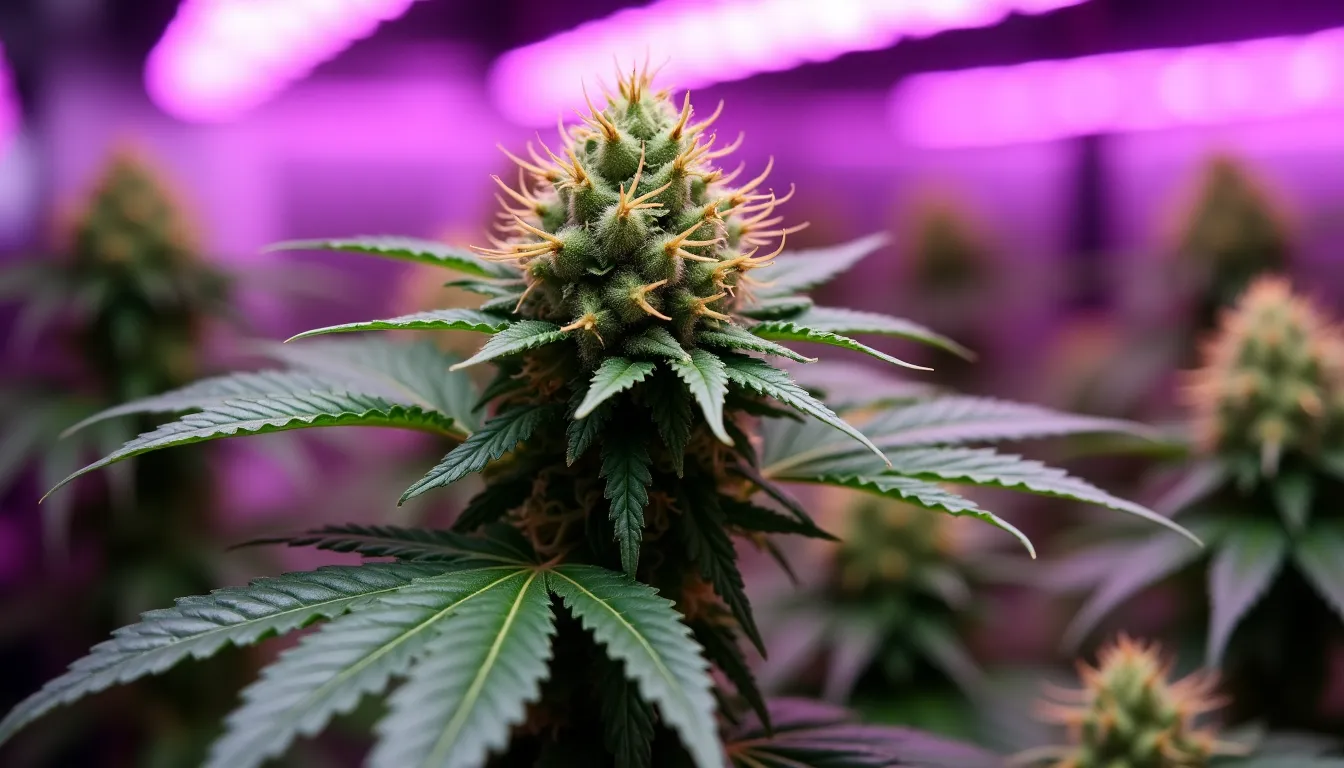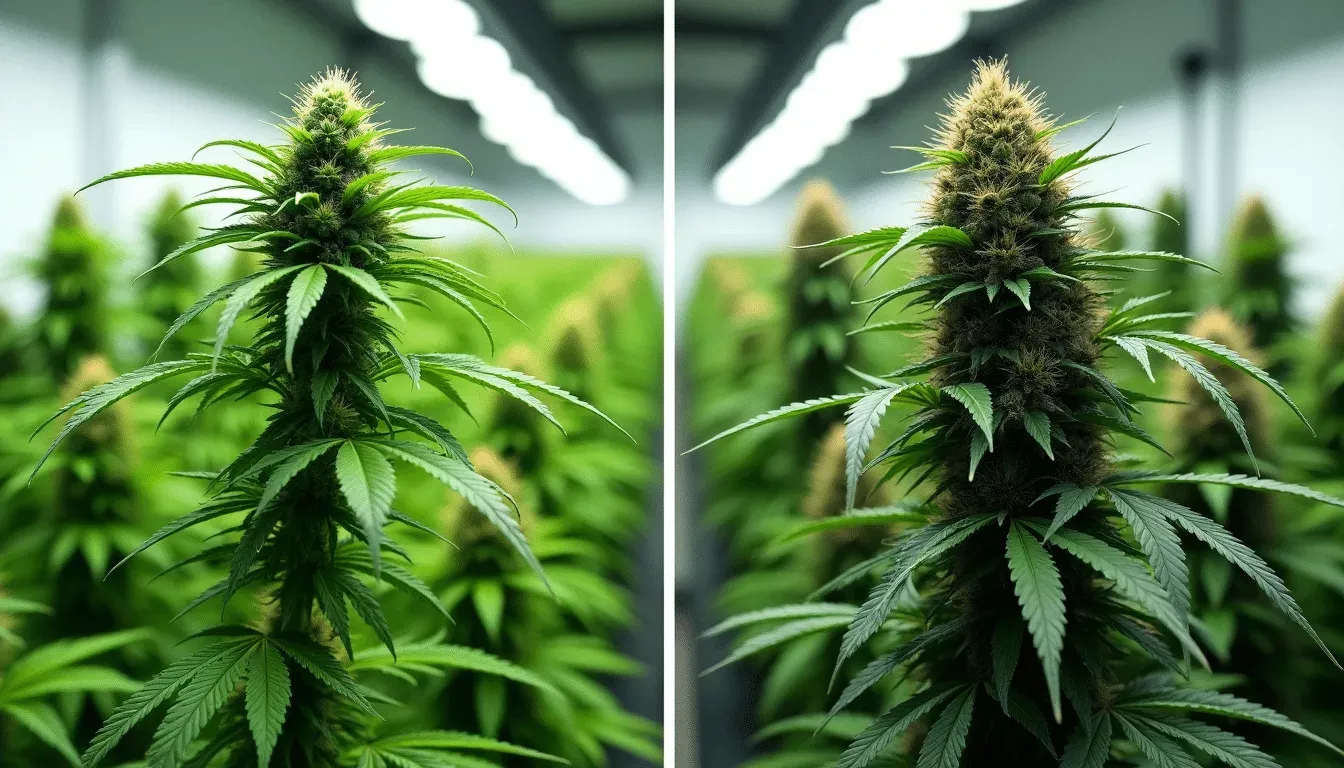What is the pH soil meter and why does it matter.
Picture this: a gardener with visions of lush, green landscapes, only to be met with wilted plants and stunted growth. Often, the culprit lies beneath, in the unseen world of the soil. Understanding soil health is crucial for anyone involved in agriculture, gardening, or environmental conservation. At the heart of soil science is the concept of pH—an indicator of acidity or alkalinity. Enter the soil pH meter: a seemingly simple tool that holds the potential to transform how we cultivate plants. In this article, we’ll explore what a soil pH meter is, why it matters, and how it can become an essential part of your gardening toolkit.
Understanding Soil pH and the Role of pH Meters
Soil pH is a measure of how acidic or basic the soil is. The pH scale ranges from 0 to 14, with 7 being neutral. Values below 7 indicate acidity, while those above signal alkalinity. But why does this matter for plants? The pH of the soil affects the availability of nutrients, microbial activity, and plant growth. In other words, getting the pH right can mean the difference between a thriving plant and a struggling one.
This is where pH meters come into play. A soil pH meter is a device used to measure the pH level of soil. They are essential for farmers, gardeners, and landscapers who need to ensure their soil pH is suitable for their chosen plants. With a pH meter, you can quickly determine if your soil needs amending and track changes over time.
Modern soil pH meters usually consist of a probe that you insert into the ground. This probe measures the hydrogen-ion activity in the soil, which is then displayed as a pH value. While there are traditional chemical test kits available, pH meters offer speed and accuracy, making them a preferred choice for many. For a more technical dive into soil pH meters, you can consult resources such as the Gardening Know How.
The Benefits and Practical Uses
Why exactly should you care about using a soil pH meter? Let’s explore some benefits.
Optimizing Plant Health and Yield
The right soil pH ensures that plants receive the nutrients they need. For instance, essential nutrients like nitrogen, phosphorus, and potassium are most available to plants when the soil pH is between 6 and 7. With a soil pH meter, gardeners and farmers can ensure their soil remains in this optimal range, promoting healthier growth and higher yields.
Cost-Effective Soil Management
Correcting soil pH imbalances with amendments like lime or sulfur can be costly if done blindly. A soil pH meter allows you to identify imbalances precisely, ensuring you use only the necessary amount of amendment, saving money, and resources in the long run.
Supporting Sustainable Practices
For those environmentally conscious, soil pH meters also foster sustainable land management practices. Matching plant needs to soil conditions reduces the reliance on chemical fertilizers, which can lead to soil and water pollution. By monitoring soil pH, you contribute to more sustainable agricultural and gardening practices.
Actionable Tips: Making the Most of Your Soil pH Meter
Now that we’ve established the importance of soil pH and the benefits of using pH meters, here are some tips to help you get started.
Choose the Right pH Meter
When choosing a soil pH meter, consider your specific needs. For casual garden maintenance, a simple analog meter might suffice. If you need more precise data for larger agricultural operations, digital meters with advanced features like data logging and temperature compensation may be more appropriate.
Calibrate Regularly
To ensure accuracy, regularly calibrate your pH meter according to the manufacturer’s instructions. Most digital meters come with calibration solutions that help you adjust the device to the correct readings. Proper calibration can significantly enhance the reliability of your results.
Proper Testing Techniques
Make sure your testing probe is clean and properly inserted into moist soil for the best results. Avoid mere surface measurements; ideally, sample soil from various depths where roots grow. This will provide a more comprehensive picture of soil health and nutrient availability.
Regular Monitoring
Soil conditions change over time due to factors like rainfall, fertilization, and plant growth. Regularly monitor your soil pH to spot shifts and address them promptly. Seasonal checks could align with planting schedules, ensuring plants receive what they need when they most need it.
Embrace the Power of Soil pH
Understanding and managing soil pH is fundamental to successful gardening and agriculture. A soil pH meter serves as an invaluable ally in this pursuit, offering insight and solutions grounded in science. By leveraging this tool, you not only enhance plant health and yield but also contribute to more sustainable land management practices.
The next time you find yourself pondering over the welfare of your garden or farm, consider adding a soil pH meter to your toolkit. Why leave it to guesswork when precision can be at your fingertips? Embrace the science beneath your feet!
For those interested in diving deeper into soil science, resources such as the Soil Health Institute offer valuable information and insights.
FAQ: Understanding pH Soil Meters and Their Importance
1. What is a pH soil meter?
A pH soil meter is a tool used to measure the acidity or alkalinity of soil. It helps determine the soil’s pH level, which is essential for assessing the suitability of the soil for various plants.
2. How does a pH soil meter work?
A pH soil meter typically uses a probe or sensor that you insert into the soil. The meter then provides a pH reading, usually on a scale from 0 to 14, indicating the acidity or alkalinity of the soil.
3. Why is soil pH important for plants?
Soil pH affects the availability of nutrients to plants and impacts soil structure and microorganism activity. Certain plants thrive in specific pH ranges, so knowing the soil’s pH helps in selecting suitable plants and fertilizers.
4. How often should I test soil pH?
Testing soil pH varies depending on the plants you are growing, but it’s generally recommended to test before planting each season and periodically throughout the growing season to ensure optimal growing conditions.
5. Can a pH soil meter measure anything other than pH?
Some advanced soil meters can measure other parameters, such as soil moisture and temperature, but basic pH meters are designed specifically to measure pH levels.
Related: How to Grow cannabis, Growing cannabis
Share this content:



